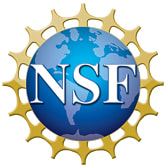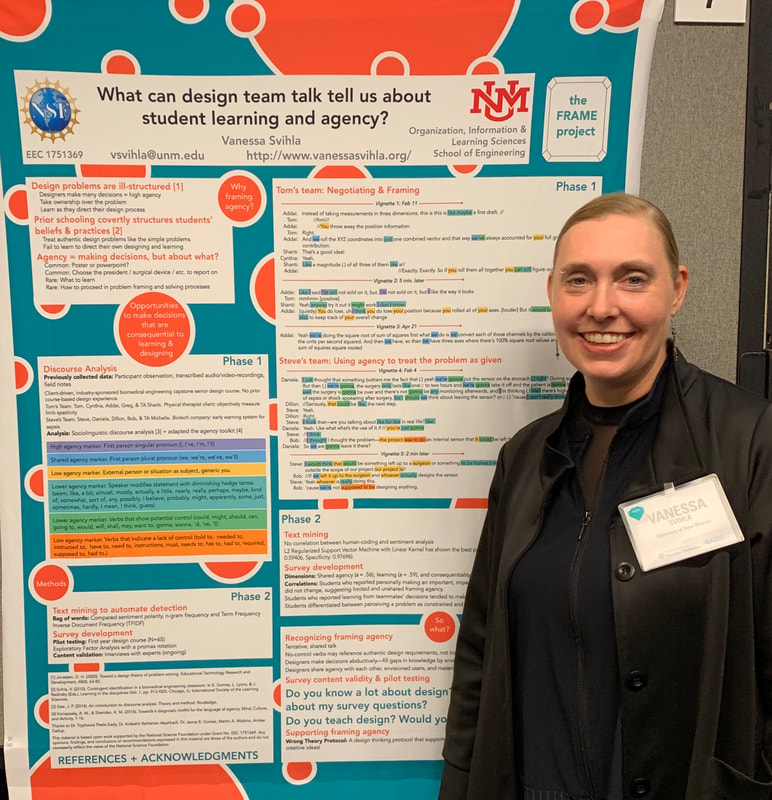|
It turns out that I am terrible at blogging. Not that the posts are terrible, but actually posting seems to be the first thing to not happen when there is too little slack in the system.
This semester, I am teaching 4 courses (two of which are two sections of the same 1-credit course, but still), I have 6 doctoral students progressing through comps or proposals (plus am on committees of two others doing so), and I am the 'reluctant' acting program director while my counterpart is on sabbatical. So there is little slack in my system. And when crises strike—always related to the program director role—it is very clear there is too little slack. Something does not get done. And because I study problem framing and creativity, I know I can work efficiently, I can still adaptively reframe problems on the fly when needed, but not with the level of creativity that I could if I have a bit of time to reflect and ponder. I am grateful for this capacity, but I crave thinking time, which is teasing on the horizon (71 days until sabbatical!!!!!). So why I am writing, with so little time, so little slack? Just like in the movie, The Matrix, the secret to bending the spoon—or finding time to reflect—is a matter of belief. There is no spoon. There is no to do list. A former grad student would have referred to it as mindfulness. It feels more like willfulness. Choosing to sit here at my dining room table on a rainy fall morning, and grasp a moment to think.
Today I am thinking about measuring framing agency—in talk and with surveys. This week, with my amazing doctoral student Amber Gallup, we are pilot testing the survey, and with my wonderful collaborator, Ardeshir Raihanian Mashhadi at University of Buffalo, we are testing ways of automating detection in talk, heavily informed by my discourse analysis.
And I am reflecting on framing agency as an ontological innovation (diSessa and Cobb, 2004), as theory that should cut nature at its joints ("division into species according to the natural formation, where the joint is, not breaking any part as a bad carver might" Plato, 360 BCE, http://classics.mit.edu/Plato/phaedrus.html). People have responded to framing agency in ways that make me think it is not only new, but needed, that it helpfully draws attention to a joint. It is a terrible metaphor for a vegan to use, of course, and one that has been critiqued by scholars, of course, who argue that nature is not jointed (https://mitpress.mit.edu/books/carving-nature-its-joints), and therefore joints are not waiting to be "discovered." I agree wholeheartedly with this critique of discovery-based views. When I first began writing about problem framing, it felt like screaming to the void. People kept asking if I meant "problem solving?" No. When I referred to 'finding and framing problems" people got excited about the "finding" part. I think it is because we all wish there was some magic bullet that will help us have insight without effort. Framing problems is effortful. Finding problems is an act of brilliance, and one that I don't think is worth committing time trying to investigate that much because so much is made covert by phrases like "finding" and "discovery." I am much more interested in the effort. In the framing, and laying bare all that effort that goes into it. "Finding" framing agency has taken years of effort. It is itself a framing process. And I am writing this morning—making slack—for effortful thought. |
Vanessa Svihla, PhDAssociate Professor, Organization, Information & Learning Sciences Archives
October 2019
Categories
This material is based upon work supported by the National Science Foundation under Grant No. EEC 1751369. Any opinions, findings, and conclusions or recommendations expressed in this material are those of the authors and do not necessarily reflect the views of the National Science Foundation.
|
Proudly powered by Weebly

 RSS Feed
RSS Feed